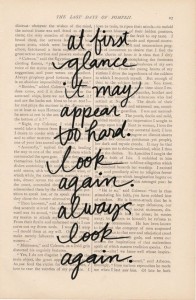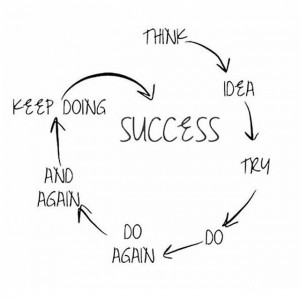At First Glance It May Appear Too Hard
The Path To Success
Stress Begone
9 Volt Battery Caution
Improperly stored, these can burn down your house!
https://www.youtube.com/watch?v=L8ONsvFv670
The Products of Social Media Posting
This morning I received this email that I thought to share, specifically for those with a business they promote on social media.
Hi Tom
Do you know the 3 core objectives of social media posts?
• 1. Drive traffic back to your site
• 2. Boost credibility and trust/establish yourself as an authority or expert
• 3. Boost “Social Juice” (get likes, +1, shares, retweets etc)
Keep those in mind when you are writing your posts and you’ll see a HUGE improvement in your results from social media.
Making sure your posts are crafted to include elements that help you reach those objectives is the foundation of a successful social media campaign.
Hope that tip is helpful for you!
Jenn
Jennifer Horowitz
Director of Marketing
EcomBuffet.com
jennifer@ecombuffet.com
562-592-5347
Win The War On Terror
Grand Parent House Rules

Compared to this sign, we’re doing it mostly wrong!
We treat our grand kids pretty much the same as we treated our kids.
Holy crapoly! Doesn’t that mean our grand kids will turn out like our kids?
I certainly hope so. We have fabulous adults from our children!
Despite our parenting mistakes!
Business Courts Negative Reviews As Middle Finger To Yelp
You’ve heard the claims before. If reader comments are any indication, many of you have even lived them. They’ve never been proven, but time and time again, small businesses accuse Yelp of “extorting” them by holding positive reviews hostage until they pay for advertising.
http://www.webpronews.com/business-courts-negative-reviews-as-middle-finger-to-yelp-2014-10
You Want Miracles?

THIS is how you make miracles occur!





